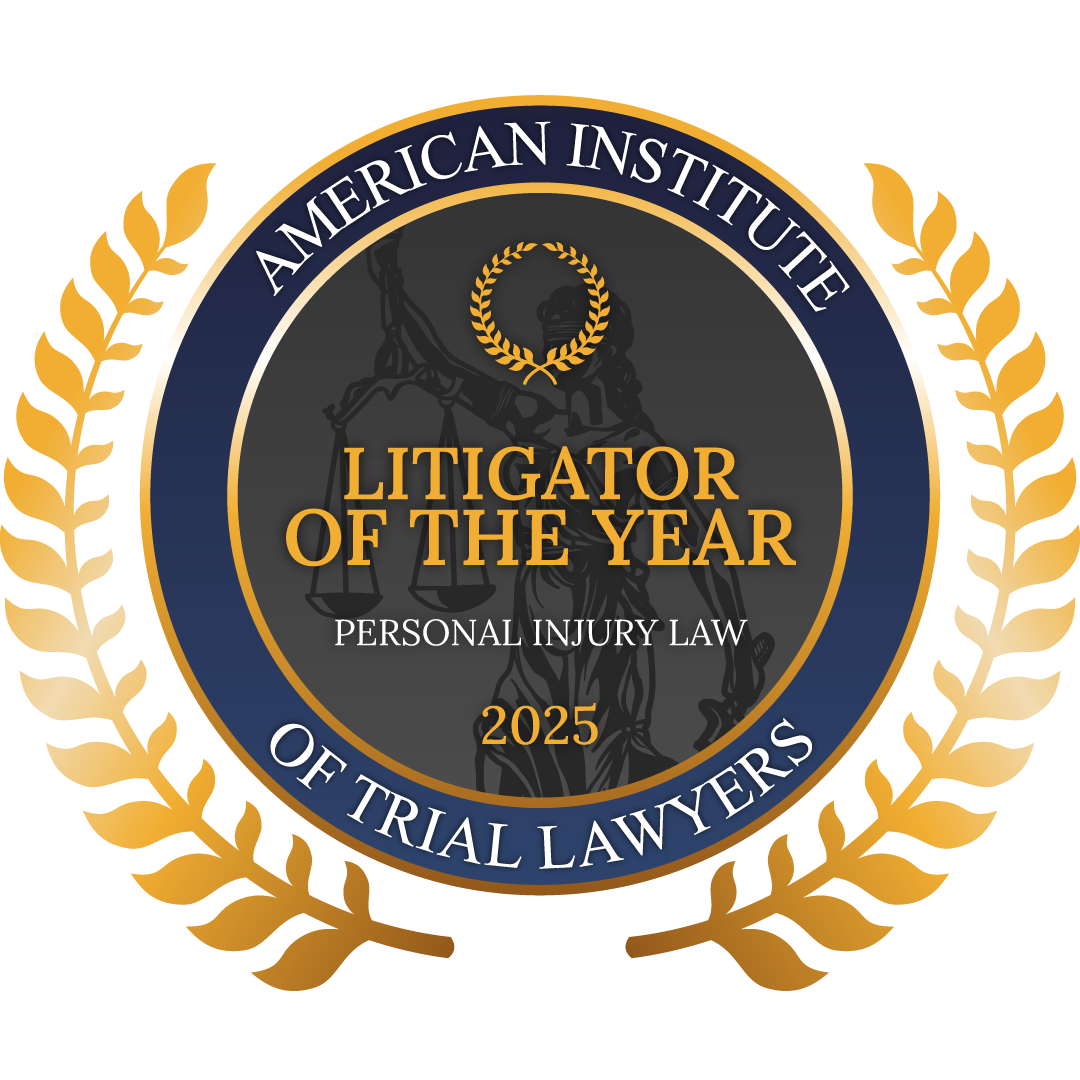
As a parent, the most important thing we want for our children is for them to be safe. With the unprecedented amount of time our kids spend on their cell phones, coupled with how many teenagers are behind the wheel every day, it’s hard to know if they’re really safe outside the house, especially while driving a car.
The last thing you want is for your teen or one of their friends to be hurt in a car accident, but if it does happen, our experienced team of Lexington distracted driving accident lawyers is here to help with your case while you focus on your teen.
In this blog, we’ll discuss statistics and information on distracted driving and preventative steps for parents to take with their teen drivers.
Sobering Statistics About Teen Texting and Driving
Motor vehicle accidents are the leading cause of death for U.S. teens. Every year, 450,000 teens are injured in car accidents. Drivers aged 16 to 19 are nearly three times more likely to be involved in a fatal crash than drivers aged 20 to 24.
According to the Centers for Disease Control and Prevention (CDC), 39% of high school-age drivers texted or e-mailed at least once while driving in 2019. Also, in 2019, 9% of drivers aged 15 to 20 who were involved in fatal crashes were distracted at the time of the accident.
The CDC states that older teens are more likely to text or email while driving, with 51% of drivers aged 17 and 60% of drivers aged 18 or older having admitted to texting or e-mailing while driving in the past 30 days.
Students who text or email while driving are also more likely to participate in other irresponsible behaviors, such as not wearing a seatbelt, riding with a driver who was drinking, or driving after drinking.
Understanding Distracted Driving
Nine people are killed every day in the United States in car accidents due to distracted drivers.
Contrary to popular belief, your brain can’t process two things at once; instead, it switches attention from one task to the other. Data in an infographic from the National Safety Council (NSC) states that while 96% of people think texting while driving is dangerous, 44% still do it.
Even sending a message while stopped at a stop sign or red light can be dangerous, as it takes time for your brain to refocus on the road.
There are three types of distraction while driving:
- Visual
- Manual
- Cognitive
Texting, talking on the phone, using a navigation system, or eating are all dangerous activities to do while driving because they distract a driver in all three of the ways previously mentioned.
Sending or reading a text while driving at 55MPH is the equivalent of driving the length of a football field with your eyes closed.
Talking to Your Teen Driver
We know that our kids aren’t always going to do as we say, no matter what statistics we show them or the consequences we may give them for poor choices or behavior. However, when it comes to teen driving and cellphone usage, there are ways to prevent accidents and help your teen understand the danger of texting while driving.
Here are some points to remember when talking to your teen driver:
- Tell your teen not to multitask while driving, emphasize that texts and phone calls can wait, and set a good example by keeping your eyes on the road and limiting distractions when you’re behind the wheel.
- Remind your teen driver that driving is a skill that requires a driver’s full attention and that hefty fines and even suspension of their license may happen if they use their phone while driving, as it is against the law in almost every state.
- If you know your teen driver is texting while driving, or if you just want to prevent them from doing so, install an app on their phone to restrict its usage while inside a vehicle.
- Set consequences for distracted driving – create a plan and family rules with the assistance of the Parent-Teen Driving Agreement from the CDC.
If you, your teen, or someone you know has been in a car accident due to distracted driving in Kentucky, know that Peterson Law Office can assist with your claim.
With over 50 years of experience with distracted driving accident cases, our attorneys are happy to discuss your case on a contingency basis and at no cost to you.






